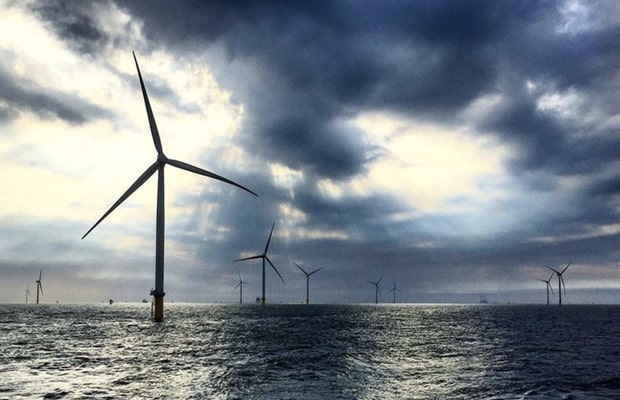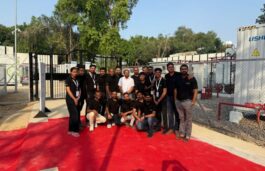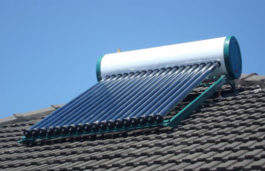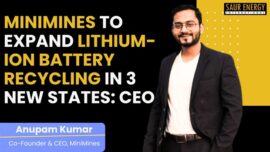
German chemicals giant BASF and energy company RWE presented a project idea on Friday to build an additional offshore wind farm with a capacity of 2 GW to provide the Ludwigshafen chemical site with green electricity and enable CO2-free production of hydrogen. The aim is to electrify the production processes for basic chemicals, which are currently based on fossil fuels, to cut emissions at Germany’s most energy-intensive industrial site.
This will involve utilizing CO2-free technologies such as electrically heated steam cracker furnaces to produce petrochemicals. BASF is already working with partners on developing these technologies. To advance the joint project, the CEOs of BASF and RWE have signed a letter of intent covering a wide-ranging cooperation for the creation of additional capacities for renewable electricity and the use of innovative technologies for climate protection.
Michael Vassiliadis, Chairman of the Mining, Chemical and Energy Industries Union (IG BCE), said, “Here, two strong partners are making climate-friendly transformation and energy transition tangible and concrete. We stand behind this major project because it can be a symbol for the innovative power of industry and its employees. In many places, they are working with great passion and expertise to shape the transformation. They deserve all the support they can get.”
These plans could result in the avoidance of around 3.8 million metric tons of CO2 emissions per year, of which 2.8 million tons would be realized directly at BASF in Ludwigshafen. It shows very clearly how climate protection and competitiveness can be harmonized in the chemical industry. No public subsidies would be needed for the construction of the wind farm.
Martin Brudermüller, Chairman of the Board of Executive Directors of BASF SE, stressed: “Without the availability of sufficient volumes of electricity from renewable sources at competitive prices, our future transformation will not be possible! This task is only achievable with innovative and intensive cooperation between politics and industry. And it requires collaboration across the value chains. In our partnership between RWE as a leading company in power generation and BASF in chemicals, we bring together the necessary prerequisites and the will to shape things.”
Markus Krebber, CEO of RWE, added that coupling a new offshore wind farm already in the planning stage to an industrial customer such as BASF, who will convert its production to green electricity and hydrogen on this basis, would be a first for Germany.
Realizing this plan will require a suitable regulatory framework. Policymakers have said they plan to significantly increase the expansion targets for renewable energies and accelerate capacity additions. For this to succeed, there will need to be a tendering process for offshore project sites where the current plans only foresee use after 2030. The companies insist that these sites should be specifically designated for tenders focused on industrial transformation processes. Another important factor: Green electricity should not be subject to EEG levy. In addition, there is currently no regulatory framework for CO2-free hydrogen production.





























